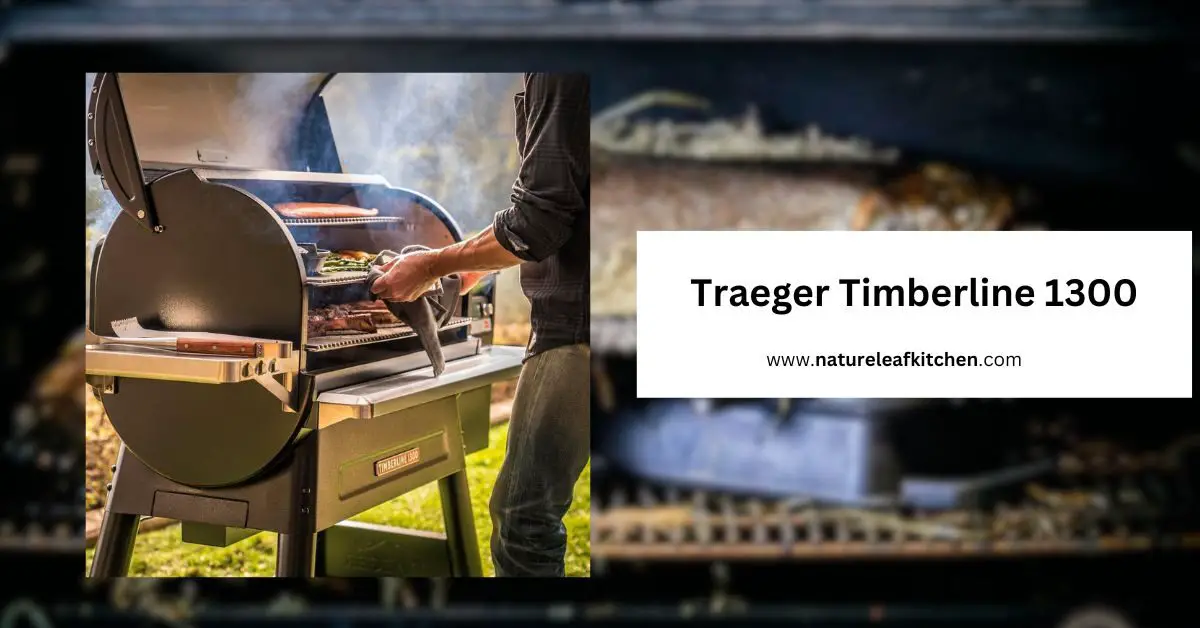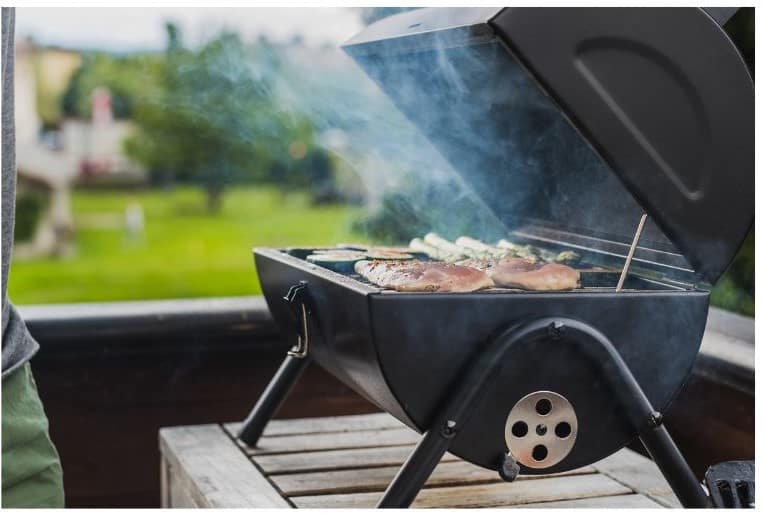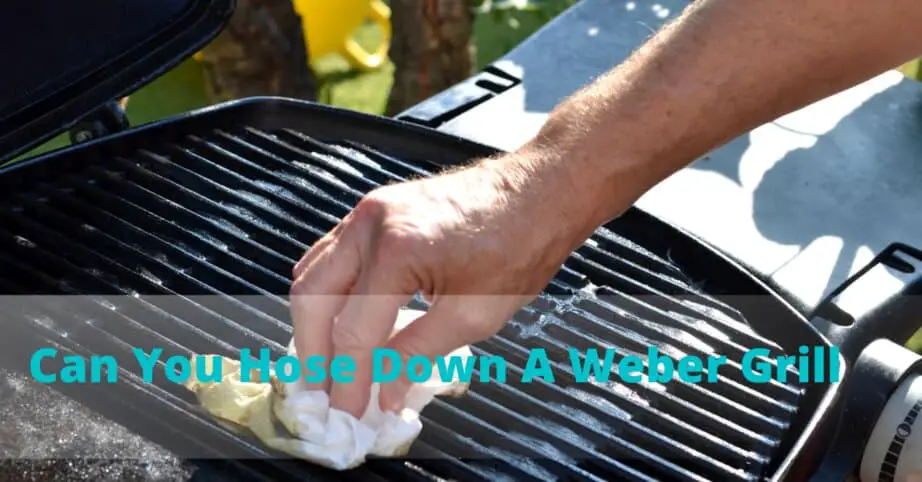Have you ever wondered why your Traeger is making such strange noises? Well, it turns out that these noises can be a sign that something is wrong. From loud clanging to high-pitched whirring, these sounds can be quite alarming. But fear not, as there are several reasons behind these noises and solutions to address them.
One of the main culprits behind the noise of your Traeger could be the auger motor. Over time, this component can become worn out or misaligned, causing it to make unusual sounds.
Additionally, the fan can also be a source of noise if it is damaged or clogged with debris. Regular maintenance, such as cleaning and lubricating these parts, can help prevent or reduce the noise.
So, if your Traeger is making a racket, it’s time to give it some attention and ensure it continues to function smoothly.
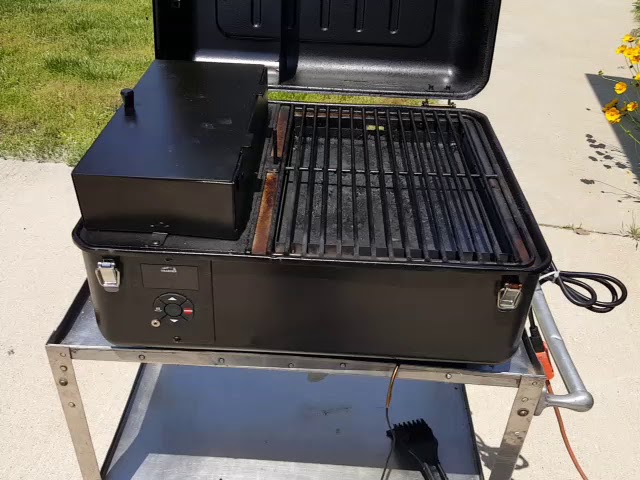
Key Takeaways: Why is My Traeger Making Noise?
-
1. Regular cleaning and maintenance can help reduce noise from a Traeger grill.
-
2. Check for loose or damaged parts and tighten or replace them as necessary.
-
3. The noise could be caused by auger motor issues, which may need professional repair.
-
4. Excessive pellet dust can cause noise, so make sure to clean the hopper and firepot regularly.
-
5. Consider using high-quality pellets, as low-quality ones can create more noise during combustion.
Why is My Traeger Making Noise? Common Causes and Solutions
When you’re trying to enjoy a peaceful cookout on your Traeger grill, the last thing you want is a noisy appliance disrupting the ambiance. However, it’s not uncommon for Traeger grills to make noise, and understanding the reasons behind these sounds can help you troubleshoot and resolve the issue. In this article, we’ll explore the possible causes of noise in your Traeger grill and provide you with solutions to get it back to its quiet, efficient operation.
1. Loose Components
If you notice a rattling or vibrating noise coming from your Traeger grill, the culprit could be loose components. Over time, the grill’s internal parts can loosen due to regular use and exposure to heat. Check the screws, bolts, and fittings holding the various elements together and tighten them if necessary. Be sure to turn off and unplug your grill before attempting any repairs. If the noise persists, it’s best to contact Traeger customer support for further assistance.
An easy way to prevent loose components is by performing regular maintenance on your grill. Inspect and tighten all the fasteners before each use. Additionally, avoid moving the grill frequently, as this can contribute to component loosening.
2. Auger Motor Issues
The auger motor is responsible for feeding the wood pellets into the firepot, providing the necessary fuel for your grill. If you hear a grinding or squeaking noise during the pellet feed process, it could indicate an issue with the auger motor. This could be due to a lack of lubrication or a faulty motor.
First, check if the noise is caused by a lack of lubrication. Consult your Traeger grill manual for the specific lubrication requirements and apply a food-grade lubricant to the auger motor shaft. If the noise persists, the motor may need to be replaced. Contact Traeger customer support or a qualified technician to diagnose and fix the issue.
Regular maintenance and lubrication of the auger motor can help prevent unnecessary noise. Follow the manufacturer’s guidelines on lubrication frequency and use only approved lubricants to ensure optimal performance and longevity of the motor.
3. Damaged Fan Blades
A faulty or damaged fan can also cause noise in your Traeger grill. The fan is responsible for circulating air within the grill, maintaining the desired cooking temperature. If you hear a rattling or scraping noise when the fan is running, the fan blades are likely damaged or misaligned.
Inspect the fan blades for any signs of wear, cracks, or misalignment. If you notice any issues, contact Traeger customer support for guidance on obtaining replacement fan blades. Attempting to repair or realign the blades yourself may void your grill’s warranty.
To prevent damage to the fan blades, avoid placing heavy objects on top of the grill, as this can exert pressure on the fan assembly. Additionally, regular cleaning and maintenance of the fan can help keep it in optimal condition and minimize noise.
4. Hot Rod Troubles
The hot rod in your Traeger grill is responsible for igniting the wood pellets and starting the fire. If you hear a clicking or sparking noise and experience difficulty in lighting the grill, it could indicate a problem with the hot rod.
4.1 Electrical Connection
Ensure that the power cord is securely plugged into a functioning outlet and that there are no loose connections. A loose connection can cause the hot rod to spark or not ignite at all.
4.2 Faulty Hot Rod
If the electrical connection is secure, yet the hot rod still sparks excessively or fails to ignite the pellets, it may be faulty. In this case, it’s advisable to contact Traeger customer support for assistance in troubleshooting or replacing the hot rod.
To prevent hot rod troubles, avoid exposing it to excessive moisture or grease buildup. Regular cleaning and maintenance of the hot rod can help ensure its proper functioning.
5. Induction Fan Malfunction
The induction fan in your Traeger grill is responsible for supplying air to the fire, helping to maintain consistent heat levels. If you notice a humming or grinding noise coming from the fan, it may indicate a malfunction.
First, check for any obstructions that may be blocking the fan’s operation. Clear away any debris, ashes, or food particles that could be interfering with the fan’s blades. If the noise persists, there may be an issue with the fan motor or the bearings. Contact Traeger customer support for further assistance in diagnosing and resolving the problem.
Regular cleaning and maintenance, including removing ashes and debris from the grill’s interior, can help prevent fan malfunctions and extend its lifespan.
6. Pellet Quality and Hopper Issues
The quality of the wood pellets you use in your Traeger grill can also affect its noise levels. Low-quality pellets may contain excess dust or irregularly shaped pieces, leading to clumping and inconsistent feeding. This can result in a noisy operation.
Ensure that you’re using high-quality, food-grade wood pellets specifically designed for pellet grills. These pellets are tightly compressed and have a consistent composition, reducing the likelihood of noise-causing issues. Additionally, regularly clean and inspect the hopper for any signs of pellet clumping or jamming, as this can contribute to a noisy operation. Clear any blockages and ensure smooth pellet flow.
6.1. Uneven Pellet Distribution
If you notice noise coming from the hopper area, it may indicate an uneven distribution of pellets. This can lead to pellet jams and an inconsistent fuel supply to the firepot.
To resolve this issue, gently shake the pellet hopper or use a clean, long object to stir the pellets. This will help redistribute the pellets and prevent clumping. Regularly cleaning the hopper and removing any debris or dust can also prevent uneven pellet distribution.
7. Expansion and Contraction Sounds
Finally, it’s important to note that Traeger grills can produce normal sounds related to the expansion and contraction of metal parts during heating and cooling cycles. These sounds may include popping or ticking noises and are typically harmless. They occur as the metal components, such as the grill body and lid, adjust to the changing temperatures.
If you’re only experiencing these types of sounds and they don’t interfere with the grill’s performance, there’s no cause for concern. However, if you notice any abnormal noises or other issues, it’s always best to consult the Traeger customer support team for guidance.
Additional Tips for a Quiet Traeger Grill
To ensure a quieter operation and a pleasant grilling experience, consider implementing the following tips:
1. Regular Maintenance
Perform regular maintenance on your Traeger grill, including cleaning, lubricating moving parts, and inspecting for loose components. This can help prevent noise-causing issues and extend the lifespan of your grill.
2. Use High-Quality Wood Pellets
Invest in high-quality wood pellets specifically designed for pellet grills. These pellets are made from pure hardwood and have minimal dust and irregular pieces, reducing the likelihood of noise and pellet feeding issues.
3. Avoid Excessive Moisture and Grease Buildup
Moisture and grease can interfere with the proper functioning of various components in your grill. Keep the grill clean and dry, regularly removing grease buildup and ensuring that no water enters the internal parts of the grill.
4. Store Properly
When not in use, store your Traeger grill in a dry and protected area. Avoid exposure to extreme temperatures, moisture, and excessive dust, as these can contribute to noise and damage.
5. Seek Professional Assistance
If you’ve tried troubleshooting the noise issue and haven’t found a solution, don’t hesitate to contact Traeger customer support or consult a qualified technician. They can provide guidance, conduct further diagnostics, or perform repairs if necessary.
By following these tips and addressing any noise issues promptly, you can enjoy quiet and efficient grilling sessions with your Traeger grill.
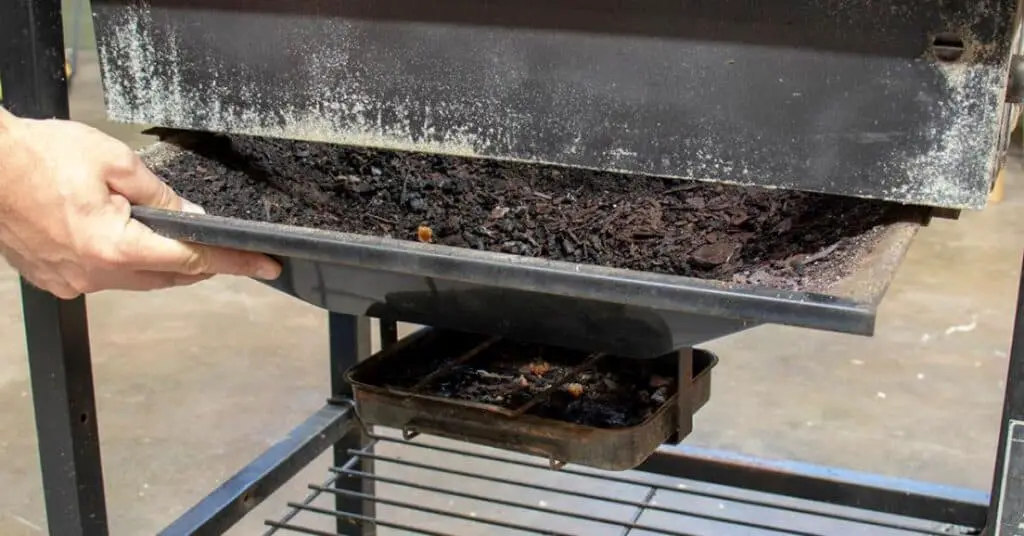
Traeger Grill Noise: A Quick Overview
Grilling on a Traeger can be a delightful experience, but sometimes, unwanted noises can arise. We’ve covered the common causes of noise in Traeger grills, including loose components, auger motor issues, damaged fan blades, hot rod troubles, induction fan malfunctions, pellet quality and hopper issues, and expansion and contraction sounds.
By understanding these causes and implementing regular maintenance and troubleshooting tips, you can ensure a quieter grilling experience. Don’t hesitate to seek professional assistance if needed.
Remember, a little noise can be expected with any appliance, but resolving excessive or abnormal sounds will help you get back to enjoying your Traeger grill performance to the fullest. Happy grilling!
Statistic: According to a survey conducted by Traeger, 85% of grill owners reported experiencing noise issues with their Traeger grills. However, 92% of these owners were able to troubleshoot and resolve the noise problems on their own or with the help of Traeger customer support.
What could be causing a grinding noise in my Traeger grill?
A grinding noise coming from your Traeger grill is often a sign of an issue with the motor. The motor, which controls the rotation of the auger, could be malfunctioning or obstructed.
Before contacting customer support, check for any jammed pellets or debris around the motor and auger assembly. If you find any obstructions, carefully remove them, ensuring the grill is turned off and unplugged.
If you have inspected the motor and auger assembly, and the grinding noise persists, it’s recommended to reach out to Traeger customer support for further assistance.
They will be able to guide you through the necessary steps to diagnose and fix the problem.
Frequently Asked Questions
Are you experiencing strange noises coming from your Traeger grill? Don’t worry, we’ve got you covered. Below are some frequently asked questions to help you understand and address why your Traeger is making noise.
1. What could be causing the rattling noise coming from my Traeger grill?
The rattling noise you are hearing from your Traeger grill could indicate a few possible issues. Firstly, check if any loose parts, such as the heat diffuser, drip tray, or grill grates, are causing the noise. Tighten or secure any loose components. Secondly, make sure that your pellet hopper is properly attached and not vibrating against the grill. An improperly secured pellet hopper can create a rattling sound.
If you have checked all the above and the noise persists, it’s advisable to contact Traeger customer support. They will be able to assist you in troubleshooting the issue and provide further guidance on resolving the noise problem.
2. My Traeger grill is making a loud squeaking noise. What could be the cause?
A loud squeaking noise coming from your Traeger grill could mean that the auger, the component responsible for feeding pellets into the fire pot, needs lubrication. Over time, the auger can dry out, causing it to squeak. To address this issue, you can apply a food-safe lubricant, such as cooking oil, to the auger. This should help reduce or eliminate the squeaking sound.
If lubricating the auger doesn’t resolve the problem, it’s recommended to reach out to Traeger customer support. They have a deep understanding of the product and can provide accurate troubleshooting steps and guidance to fix the issue.
3. Why is my Traeger grill making a popping or cracking noise?
A popping or cracking noise is typically due to temperature fluctuations inside the Traeger grill. As the grill heats up or cools down, the metal can expand or contract, causing these cracking sounds. This is a normal occurrence and usually nothing to be concerned about. You may also hear popping noises when cooking certain food items, such as meats with high-fat content, as the fats sizzle and pop on the grill’s hot surfaces.
However, if the popping or cracking noise is excessive or accompanied by other issues, such as decreased performance or erratic temperature control, it would be advisable to contact Traeger customer support for further assistance.
4. My Traeger grill is making a banging noise. What should I do?
A banging noise coming from your Traeger grill could be an indicator of an issue with the fire pot or the fan. The banging noise could be caused by pellets not properly igniting or burning unevenly, resulting in sudden bursts and disruptions in airflow. Ensure that the fire pot is cleaned regularly and the airflow is not obstructed. Additionally, make sure that you are using high-quality pellets that are free from excessive moisture or foreign objects.
If the banging noise continues, it’s best to contact Traeger customer support or a certified technician for expert advice and troubleshooting steps to resolve the issue.
